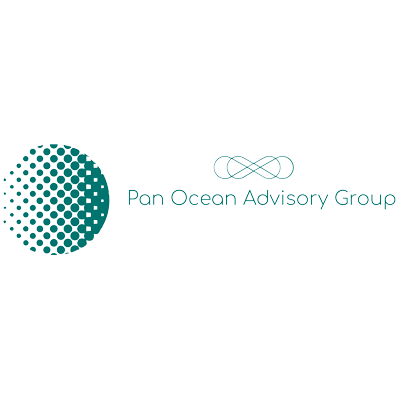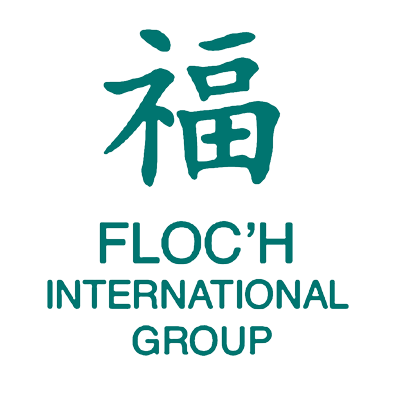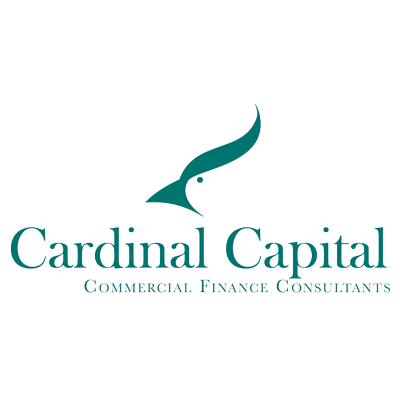Precedence vs. Confidentiality
At Projects RH we are often asked not only how much we charge but what do we do and how do we add value. We say we create value through project management. In a world where much of what we do is subject to confidentiality is not always appropriate to put precedence on the table. When we provide precedence, we are often met with the response that we can do that and thank you for the template.
The clear value creation part of what we do is the implementation of a process which hopefully leads to a successful investment or debt campaign by our client.
It is about getting the fundamentals right and being able to communicate that management can deliver. [1]
How to Create Value Through Project Management
In a world of technologies and smarter ways of doing things we are often asked why we are so process driven. At projects RH we believe is important to get the fundamentals right because they are the building blocks of all that we do. With our projects, we look at why and what we are engaged and paid for, and this reflects a perception- hopefully rightfully- that we will add value.
Our current clients are diverse
- an Australian Fintech with SaaS
- the US MedTech
- a Colombian carbon credits project where we are charged to evaluate and prepare the carbon credits for sale.
- An Australian based but US focused beauty platform.
- A five-star hotel property development in greater Sydney
- a gold mining project reopening in Colombia
In each of these scenarios our first role, after we get engaged, is generally to prepare a simple financial model which leads to the production of forecast and worksheet for five years. In turn this enables us to prepare pro forma profit and loss accounts, balance sheets and statement of Cash flows. I guess we start by getting the fundamentals right. We see this as building the single point of truth.
For each of these projects we rely not only on the client’s expertise but that of our strategic partners and our own team with people in Australia, USA and Colombia. In each case we work with seasoned professionals who understand the need for process. This process takes time and therefore requires an investment. We are currently engaged by company to project manage its pathway to an IPO. This represents a relatively large investment for the company both board and existing shareholders believe it is worthwhile. Our program will take 18 months as we review and document most aspects of the company and ensure that what they do is compliant. We have already had to call in strategic partners to assist in some compliance matters as the company enters new areas. We have also had meetings with their accountants and lawyers to ensure they are able and committed to the task. With the assistance of one of our strategic partners, we are working with the company to restructure its current debts.
The measure of return-on-investment project management
At projects RH we are often asked the question how do you measure the return of our investment in your processes and you. Given we are either involved in leading the company to a trade sale or an IPO we would say it’s increased return achieved at sale. In Australia, most medium companies traded on multiple of EBIT in the range of 5-7x and companies that IPO at a range of 9-12x and some years down the track 10-18+x. So, we see our measure of performance being the value that we can add to the sale price of shares.
What are the expected challenges when the company invests in programs of project management leading to an IPO or trade sale?
The major problem we at Projects RH see is simply the time available from management because they are normally busy dealing with day-to-day commercial matters, and it is extremely difficult for them to extract themselves from being hands-on in every app matter of the business. Early in our assignment we sit with the owners and managers and present them with our timetable which includes weekly Project Control Group meetings and the fact that we expect to present monthly to the board – we need to have regular board meetings once a month! We also need accounts circulated to the board on the 10th day of the new months! We need to appoint and pay independent members of the board and one of them will be chairman! And the list continues…
These simple management routines of large organizations are sometimes challenging and take existing management out of their comfort zone. After explaining the process what we generally see is a smile on the founder/CEO’s face. What we have explained to them is we are managing the project as an investment, we create value through project management, and generally they understand that it will increase the multiples and value of the business. Increasingly as we bring people to account for their activities in the business, we also see that financial reporting somehow magically increases efficiency and margins because people are held to account and just don’t give discounts.
Back to financial fundamentals
At Projects RH we are seeing a clear swing back to the fundamentals of financial analysis as it was taught 20 years ago. It really doesn’t matter if it is the review of the JORC report (Joint Ore Reserve Committee standard) or an independent technology feasibility study, investors are looking for investment opportunities which have gone through due process.
It is back to financial fundamentals. Making money is a key guide to a good investment. Now what is important is that companies can demonstrate that they can make money in the measure of this is profitability. It is important to create value through project management. Whilst TAM (total accessible market) will remain important for some tech companies and in the context of national markets are companies that operate nationally. It is now the days of runs on the board that matter.
At Projects RH we are seeing investors not just wanting financial models but historic accounts and where these don’t exist in accounts of companies the management team have run.
Businesses are expected to perform based on profit on turnover and profit on capital employed.
Most businesses are fairly valued on a sector-based multiple of EBIT (earnings before interest and tax). The business is seen as an annuity so the price of the share should be the present value of a growing annuity. At Projects RH we apply a discount factor of 8% real after-tax on projected profits as a sanity check to a multiple.
Investment decision-making -there is no one right answer but investors should care about profits and cash flow.
Whether we are talking debt or equity which our clients wish to raise the people they speak to are heading back to the fundamentals. Pricing companies based on projected future sales they hold in some parts of the Fintech world but increasingly even they are seeing is all about EBIT (earnings before interest and tax). This says we need to be neutral about how the business is financed and understand it needs to pay tax.
One Size does not fit all!
We would not like to leave you with the impression that one size fits all or their dresser magic cycle of 18 months. This is not clearly the case in some companies can be ready for their capital event within six months or if it is a trade sale within three. On the other side we often deal with large projects which include construction before the business can be sold as a going concern. The international hotel we have been mandated on will not be ready for sale in less than 60 months, but we need to engage in the same process and it will have weekly PCG meetings to manage costs. The plan is to sell both the hotel and the residential tower at the end of the construction period. Likewise, we are engaged to support the building of a carbon sink precinct in Colombia and this will likewise take about five years to mature and produce a regular stream of carbon credits.
Challenges when investing in programs in project management
This was a question on notice from a significant shareholder in a company we have been retained to advise in Australia. The investor was surprised to hear a response that it was now time to let the managers manage and to provide them with our coaching. What was clear in this case was the shareholders continued to micromanage the business and not allow the professional managers to do their job and deliver. What we must accept was management had to deliver most of the changes we needed to make the company more investable and provide key information in an objective for investors to invest.
Conclusion
Returning to fundamentals is a journey which can be very rewarding and can lead to companies producing far greater value for their existing shareholders than simply allowing the company to meander on generally shorter capital. What we have is a journey that needs to be shared by shareholders, management employees and other stakeholders. What is clear is that with the passage of time and the change of shareholders especially between generations is that if businesses do not get back to the fundamentals of how and why they make money that the businesses will decline and not conquer the challenges which are confronting them.
No doubt the greatest of these challenges is not only living with and adapting to technology but making that technology a core part of our business. It is only those business leaders who understand what technology can bring who will survive. We are amazed to see so many managers and directors who believe that BlockChain is all about crypto currencies and have no idea about smart contracts and the use of ledgers. Whilst this is a story for another day it is almost like the managers who denied the use of computers and our forebears who chose not to use wheels.
At Projects RH we are a friend at court helping businesses to evolve to achieve a return on their investment in project management of themselves.
If you believe Projects RH can assist your business, please contact info@projectsrh.com or +6 418 486 015.
By Paul Raftery
CEO, Projects RH, based in Sydney. May 2022.
——————————————————————-
[1] See : Moore, D.; The market cares again if a company makes money – Financial Review, 5/16/2022.









